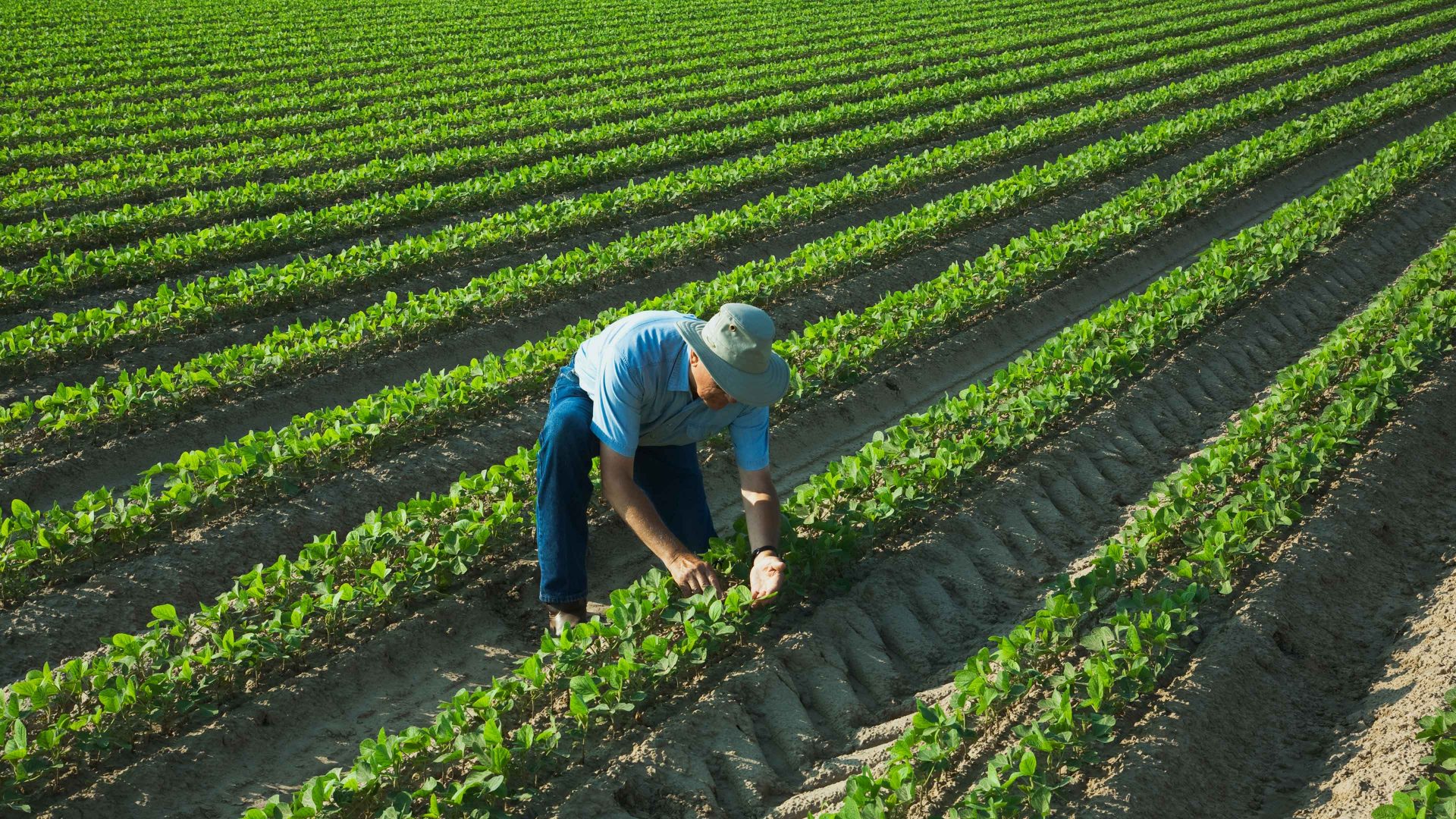“Pulses can help save the world,” Nick Saltmarsh says. While his smile recognises that’s perhaps a bizarre proposition, his conviction is unmistakable. “If we just replace some of the meat and dairy in our diets with pulses, there’s a huge benefit both in terms of the carbon impact, but also the land use.”
Nick – usually found in a field somewhere in Suffolk – is co-founder of Hodmedod, a company working with farmers across the country to supply a greater diversity of British-grown wholefoods. “Hodmedod” is an East Anglian dialect word, referring to anything round or curled up – snails, hedgehogs, ammonites and, conceivably, peas and beans.
Pulses have been the friend of farmers for thousands of years. “The crops that follow benefit from the fertility that the pulses put into the soil,” Nick says. “That reduces the need for artificial fertiliser, which is one of the most carbon-intensive farm inputs – it takes huge amounts of energy to produce.”
The problem is that pulses have had an image problem, and are often thought of as hippyish. But then fava beans were grown here by Neolithic farmers 5,000 years ago, and in the medieval period, pulses were harvested dry and stored over long winters.
As living standards rose, however, peas and beans were increasingly seen as the food of the poor, and the Industrial Revolution did much to break our connection to the land and reduce the variety of British-grown produce.
Meanwhile, in France, where agriculture remains more localised and diverse, pulses enjoy far more respect. The puy lentil is perhaps the ultimate example of that. Grown in the Auvergne-Rhône-Alpes since Roman times, it is now a prestige product. The puy lentil’s sophisticated pepperiness and physical integrity ensures it never turns to unappealing mush.
The puy lentil is taken very seriously in France. It was the first vegetable to obtain the French Appellation d’Origine Contrôlée (AOC), and it also enjoys European Protected Designation of Origin (PDO) certification, guaranteeing it is produced in a specific geographical area and to the correct traditional methods. It even has the “knights” of the Verte Confrérie de la Lentille du Puy to promote and protect it, attending events all over France wearing their green velvet robes, holding their staffs topped with a model lentil the size of an ice hockey puck. These people do not appear to be joking.
Suggested Reading


The price of saving Italian risotto
But while pulses may be a weapon against climate change, they can also be extremely vulnerable to its effects. In the Auvergne, unstable weather conditions have led to record low yields of puy lentils in recent years, and the prohibition on pesticides, synthetic fertilisers and irrigation under both AOC and PDO rules makes this hard to reverse. Excessive rain is a particular risk to lentils, which grow in dry conditions, and France has seen more periods of intense rain in recent years.
The impact has been seen right here on our supermarket shelves. The Waitrose shopper’s favourite, Merchant Gourmet, have had to replace nearly 40% of their pre-cooked puy lentil product with bog standard French green lentils, and they have reduced the pack size of the dried variety by almost half, due to shortages. The company is supporting farmers to grow spelt – hardy and well-suited to the local conditions – to offset their losses.
After years in the culinary wilderness, pulses are now becoming more popular here in Britain. “Things have really changed over the last 15 years or so,” Saltmarsh confirms. “Chefs like Yotam Ottolenghi are showing that you can cook exciting dishes with pulses.” Hodmedod’s efforts mean that lentils, grown in the kitchen gardens of our monasteries in the Middle Ages, but never previously a commercial crop in the UK, are now being cultivated by some half a dozen British farmers.
Elsewhere, companies like Bold Bean, who appeared on Dragons’ Den last year promoting their jarred beans, are making pulses more easily accessible – Merchant Gourmet even sell theirs in microwavable pouches (overnight soaking is, after all, a bridge too far for many). But as the climate crisis marches on, and yields suffer, this new British love affair with the pulse could be dramatically cut short.
Sophia Deboick is a historian and freelance writer




